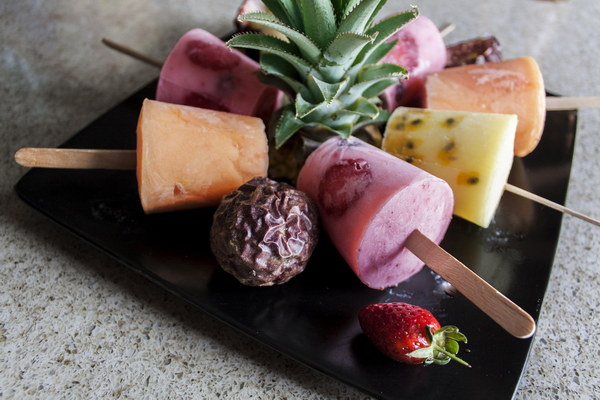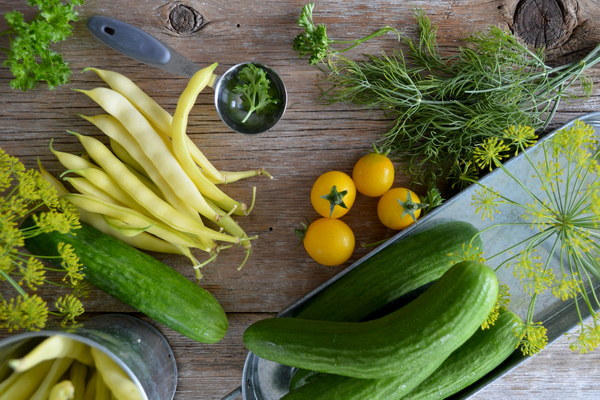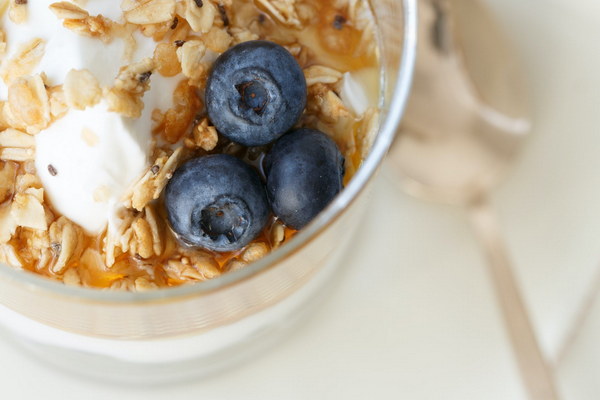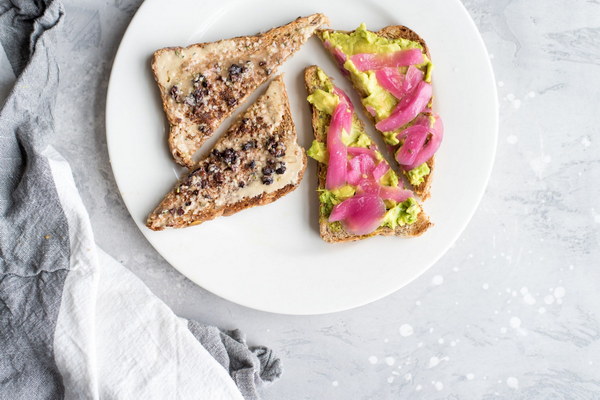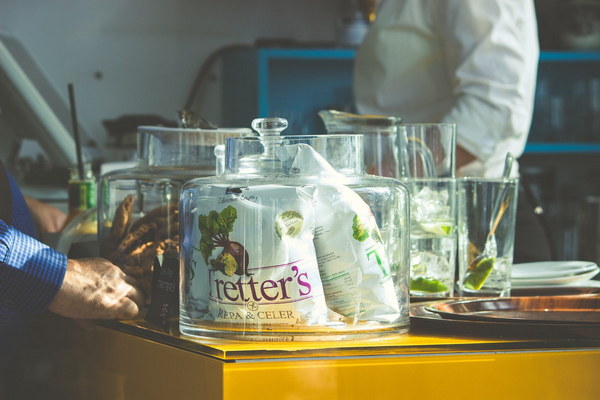Revitalize Your Health A Journey into the World of Traditional Chinese Herbs and Herbal Teas
In the realm of holistic wellness, traditional Chinese medicine (TCM) offers a unique approach to health and longevity through the use of herbal teas. These teas are not just a beverage; they are a blend of ancient wisdom and natural remedies that aim to balance the body's Yin and Yang, and enhance overall well-being. Let's delve into the world of TCM and explore the benefits of herbal teas in this enriching article.
Understanding Traditional Chinese Medicine
Traditional Chinese medicine is a comprehensive system of healthcare that has been practiced for over 2,500 years. It focuses on the concept of Qi (vital energy), which flows through the body and is essential for maintaining health. TCM aims to diagnose and treat diseases by restoring the balance of Qi and the body's internal organs.
Herbal Teas: The Heart of TCM
Herbal teas are a cornerstone of TCM, offering a natural way to maintain health and address specific health concerns. These teas are made from various herbs, roots, flowers, and parts of plants that have been used for centuries in Chinese culture.
The Benefits of Herbal Teas
1. Detoxification: Many herbal teas act as natural detoxifiers, helping to cleanse the liver and kidneys and eliminate toxins from the body.
2. Stress Relief: Herbs like chamomile and valerian root are known for their calming properties, which can help reduce stress and improve sleep.
3. Digestive Health: Teas such as ginger, peppermint, and fennel can aid digestion and relieve symptoms of indigestion and bloating.
4. Immune Support: Herbs like echinacea and elderberry are believed to strengthen the immune system, helping the body fight off infections.
5. Energy Boost: Certain teas, like green tea and ginseng, are known to increase energy levels and improve mental clarity.
Popular Herbal Teas in TCM
1. Chamomile Tea: Known for its calming effects, chamomile tea is often used to relieve anxiety, insomnia, and menstrual cramps.
2. Ginseng Tea: A popular adaptogen, ginseng is believed to boost the immune system, increase energy, and enhance overall vitality.
3. Green Tea: High in antioxidants, green tea is known for its ability to promote heart health, aid in weight loss, and prevent cancer.
4. Peppermint Tea: Excellent for digestion, peppermint tea can help relieve bloating, gas, and indigestion.
5. Echinacea Tea: Echinacea is well-known for its immune-boosting properties and is often used to prevent and treat colds and flu.
How to Make Herbal Teas
To enjoy the benefits of herbal teas, follow these simple steps:

1. Choose Your Herbs: Select the appropriate herbs based on your health goals and concerns.
2. Boil Water: Use fresh, filtered water and bring it to a boil.
3. Steep the Herbs: Place the herbs in a teapot or cup and pour the hot water over them.
4. Steep Time: Allow the herbs to steep for the recommended amount of time, usually 3-5 minutes for most teas.
5. Strain and Enjoy: Strain the herbs out of the water and enjoy your herbal tea.
Conclusion
Herbal teas are a delightful way to incorporate the principles of TCM into your daily routine. By choosing the right teas and preparing them correctly, you can harness the natural healing properties of these ancient remedies. So, why not embark on a journey towards better health and vitality with a cup of herbal tea today?
